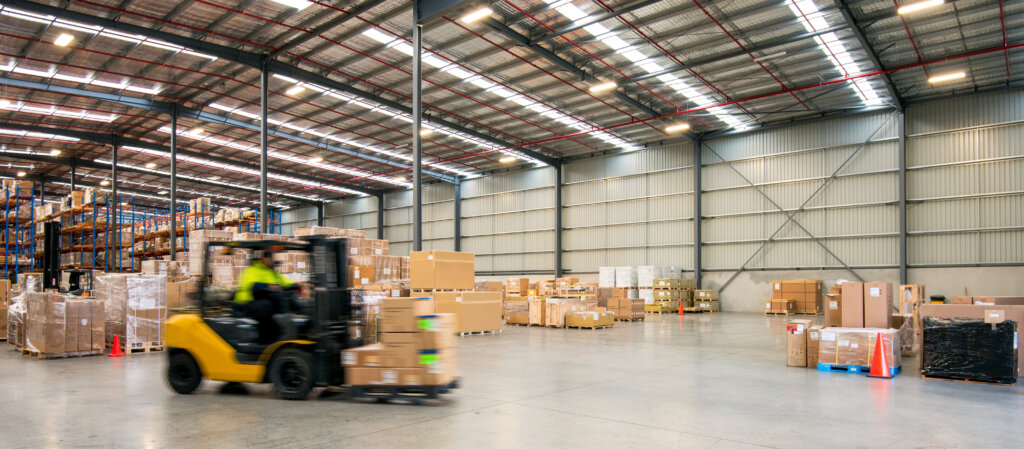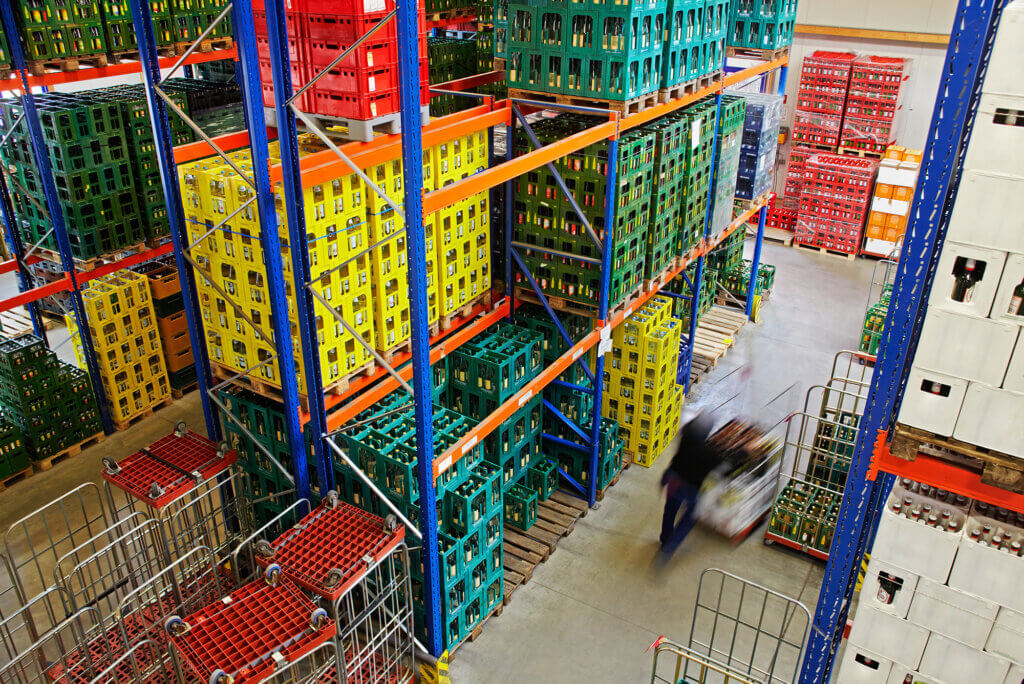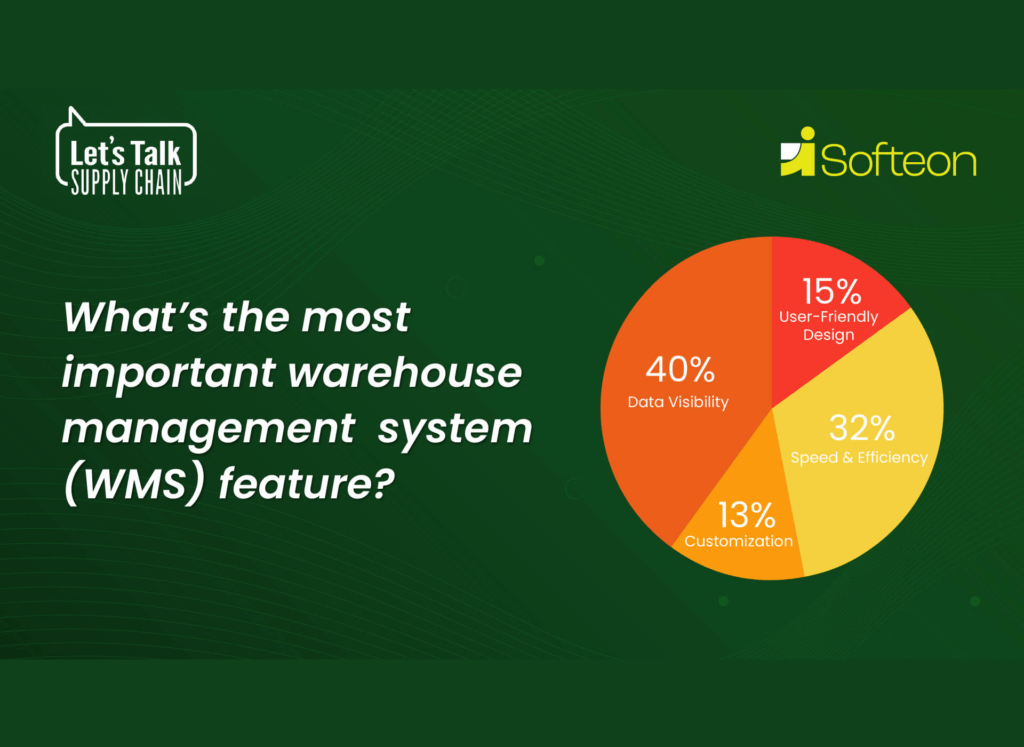07.08.21
by Ben Ames
In response, logistics technology vendors are adjusting their software with an eye toward promoting more efficient interactions between robots and people.
One advocate of that approach is Dan Gilmore, chief marketing officer of Softeon, a Reston, Virginia-based supply chain software vendor. Although tracking workers’ performance is important, he says, an LMS can be much more effective when used “holistically”—that is, to evaluate workers’ performance not just in comparison to their peers, but also to the machines around them.
As for how that might work, consider the example of a case-picking worker who’s feeding an automated sortation system too slowly, preventing the machine from operating at full capacity. A traditional LMS analysis would miss that disconnect and, thus, fail to alert managers to the bottleneck. A more holistic analysis, by contrast, would identify the root cause so that managers could shift more workers to case picking and resolve the problem.
“You need to get your labor balance right at the designed efficiency, whether workers are using a parcel sorter, a goods-to-person system, an automated storage and retrieval system, or something else. You can’t just focus on the automation side as it is,” Gilmore says.
Full Story
Source: DC Velocity




